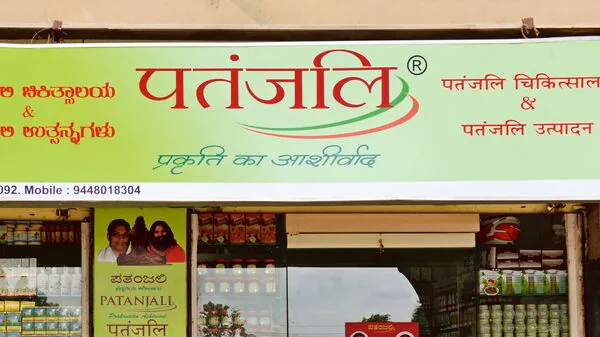Now Reading: Delhi High Court Rebukes Patanjali Over ‘Ordinary Chyawanprash’ Ad, Warns of Costs
-
01
Delhi High Court Rebukes Patanjali Over ‘Ordinary Chyawanprash’ Ad, Warns of Costs
Delhi High Court Rebukes Patanjali Over ‘Ordinary Chyawanprash’ Ad, Warns of Costs

In a significant legal development, the Delhi High Court has criticized Patanjali Ayurved for airing advertisements that allegedly disparaged Dabur’s Chyawanprash by labeling it as “ordinary.” The court’s remarks underscore the importance of ethical advertising practices and the need to avoid misleading or defamatory content in promotional materials.
Background of the Case
The controversy centers around Patanjali’s advertisements that featured the phrase “Why settle for ordinary Chyawanprash?” Dabur filed a lawsuit, arguing that such statements unfairly targeted its product and misled consumers. In response, the Delhi High Court issued an interim order on July 3, 2025, restraining Patanjali from publishing or broadcasting these advertisements.
Patanjali’s Appeal and Court’s Response
Seeking to overturn the restraining order, Patanjali approached the Delhi High Court. During the recent hearing, a division bench comprising Justices C Hari Shankar and Om Prakash Shukla questioned Patanjali’s appeal, suggesting it might be an instance of “generic disparagement.” The court further warned Patanjali that if the appeal was found to be frivolous, the company could face costs
Legal Implications for Comparative Advertising
This case highlights the legal boundaries of comparative advertising in India. While companies are permitted to promote their products by comparing them with competitors, such comparisons must be truthful and not misleading. The court’s scrutiny of Patanjali’s advertisements serves as a reminder to businesses about the importance of adhering to advertising standards and regulations.
Conclusion
The Delhi High Court’s intervention in the Patanjali-Dabur advertising dispute emphasizes the judiciary’s role in ensuring fair competition and protecting consumer interests. As the case progresses, it will likely set precedents for future legal considerations regarding advertising practices in the Indian FMCG sector.
























